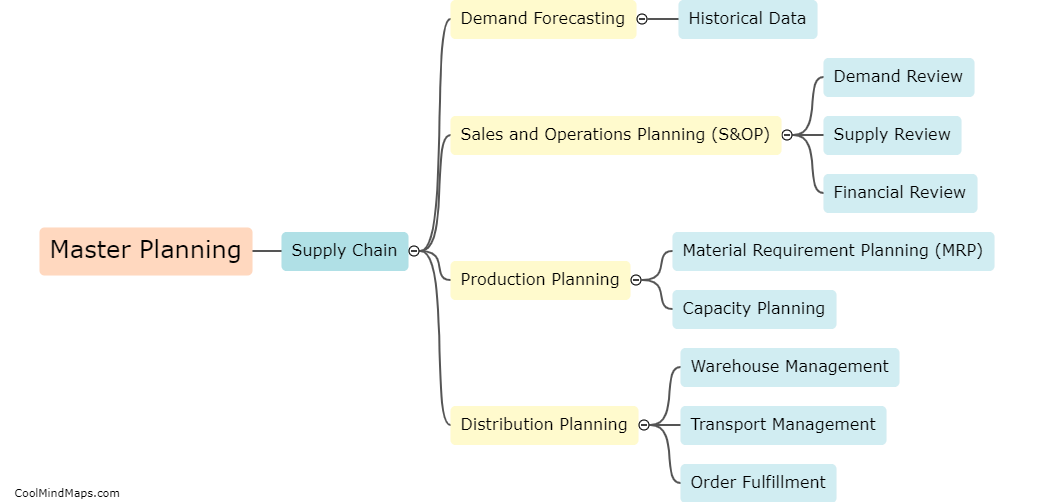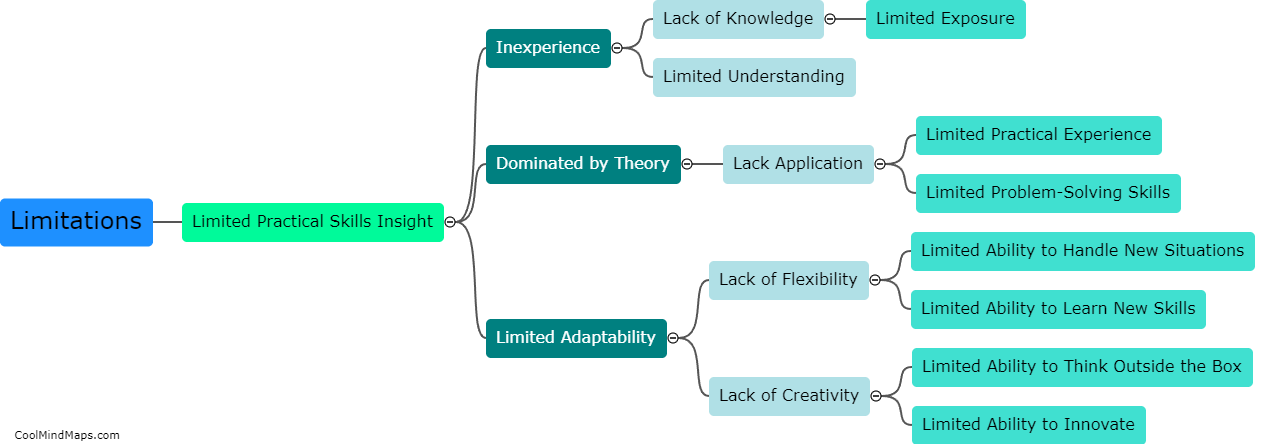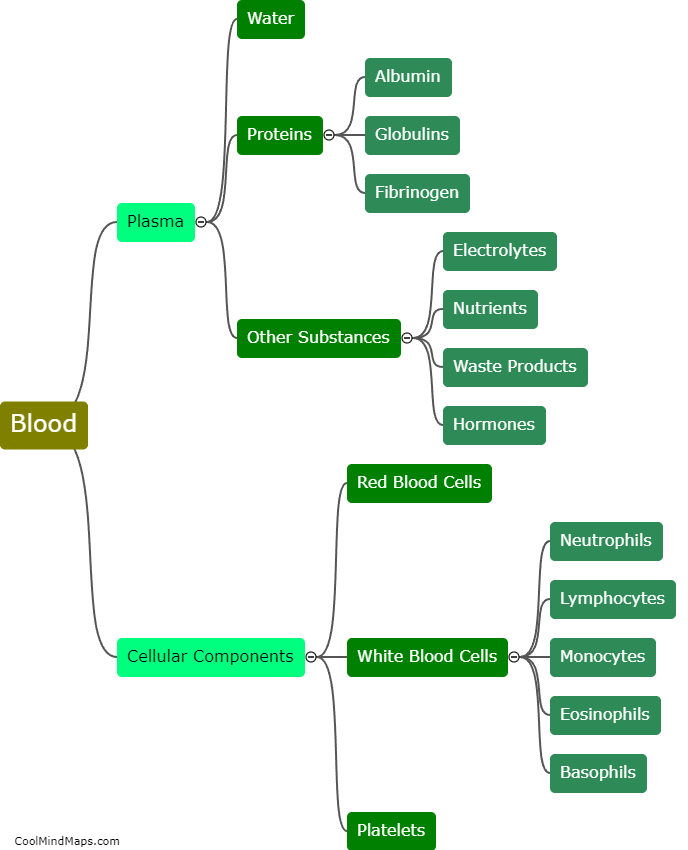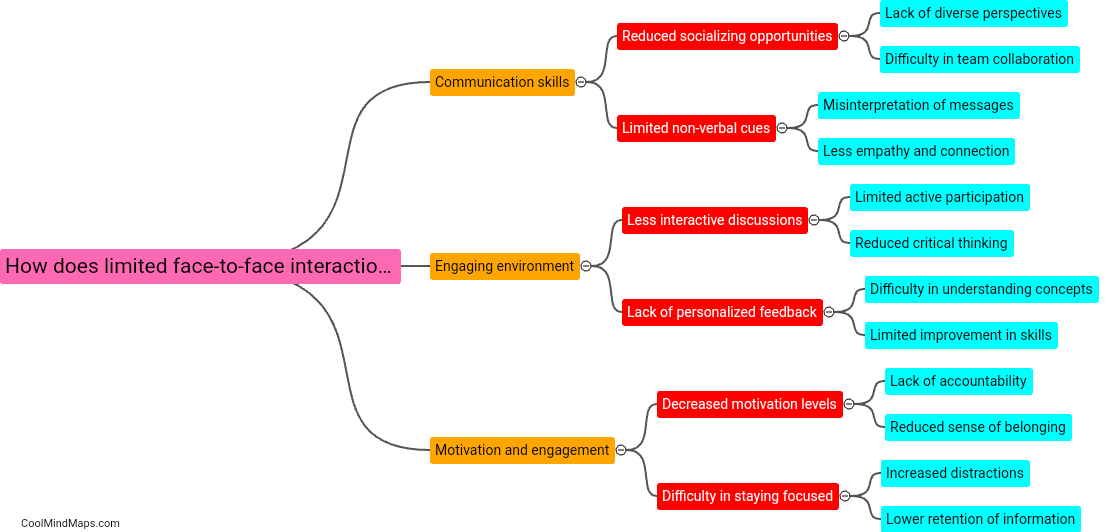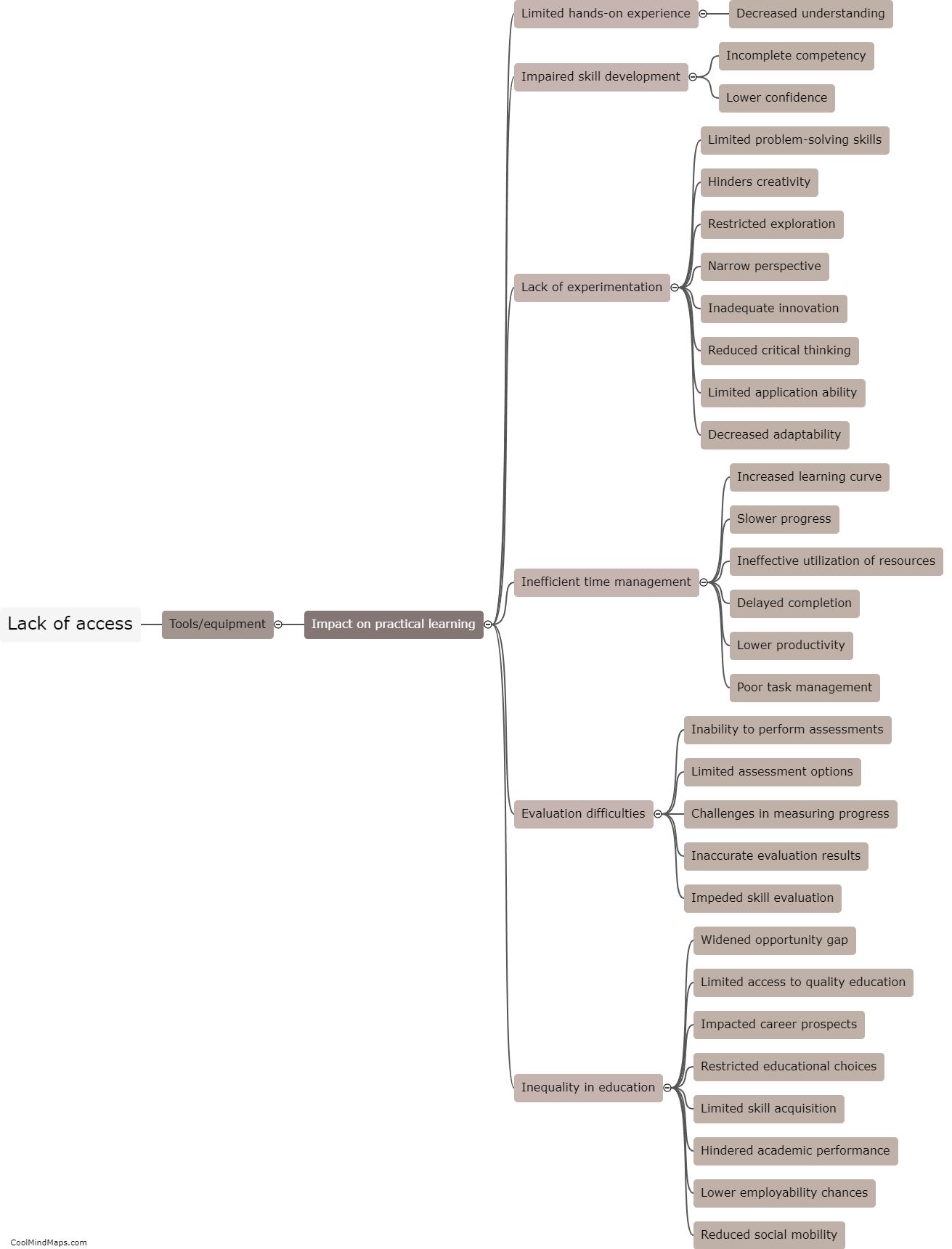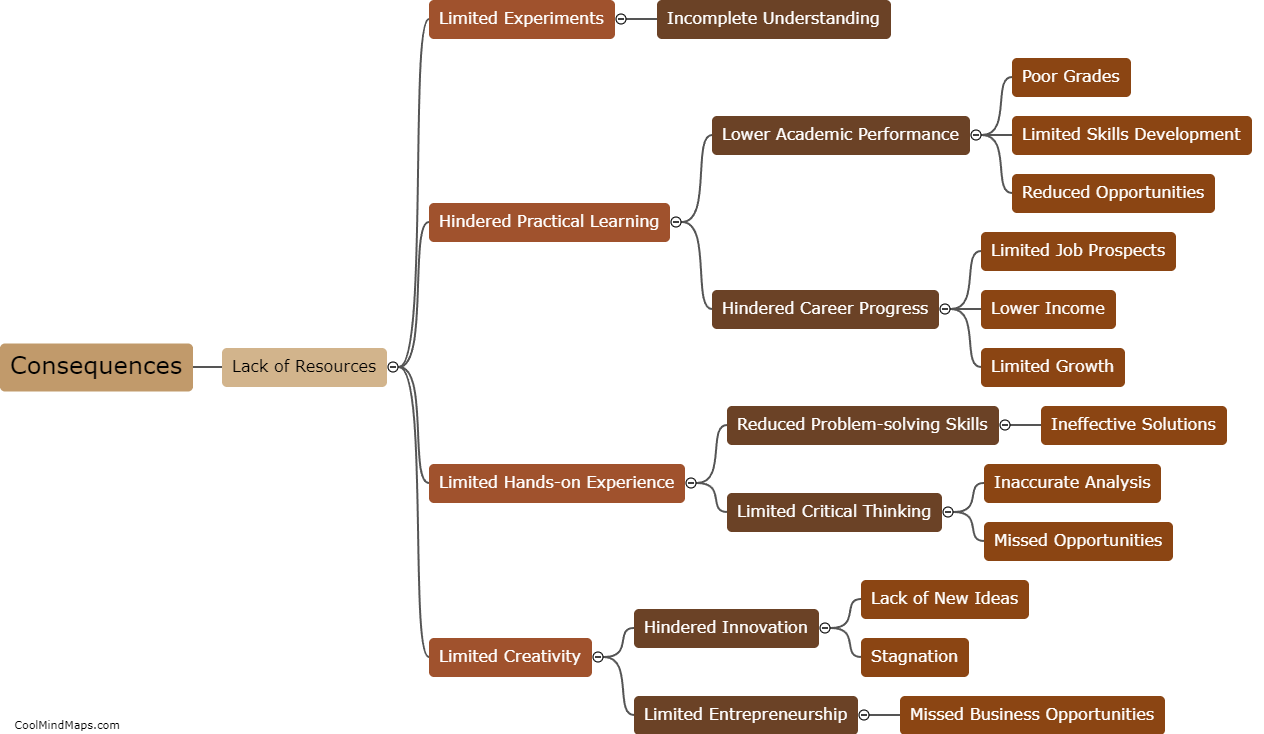What are the consequences of not having hands-on experience for skill development?
Not having hands-on experience can have various consequences on skill development. Firstly, without practical application, theoretical knowledge remains abstract and detached from reality. Hands-on experience allows individuals to gain a deeper understanding of concepts, enabling them to bridge the gap between theory and practice. Without this practical component, individuals may struggle to transfer what they have learned into real-world scenarios. Secondly, hands-on experience fosters problem-solving skills and critical thinking. It allows individuals to encounter challenges, make mistakes, and learn from them, fostering a sense of resilience and adaptability. Without hands-on experience, individuals may lack the opportunity to develop these necessary problem-solving skills. Lastly, hands-on experience promotes self-confidence and competence. By actively engaging in practical tasks, individuals can build their confidence, improve their skillset, and develop a sense of accomplishment. Without hands-on experience, individuals may feel uncertain about their abilities and may struggle to apply their knowledge effectively. Overall, the consequences of not having hands-on experience for skill development can include a lack of practical understanding, limited problem-solving abilities, and reduced self-confidence.
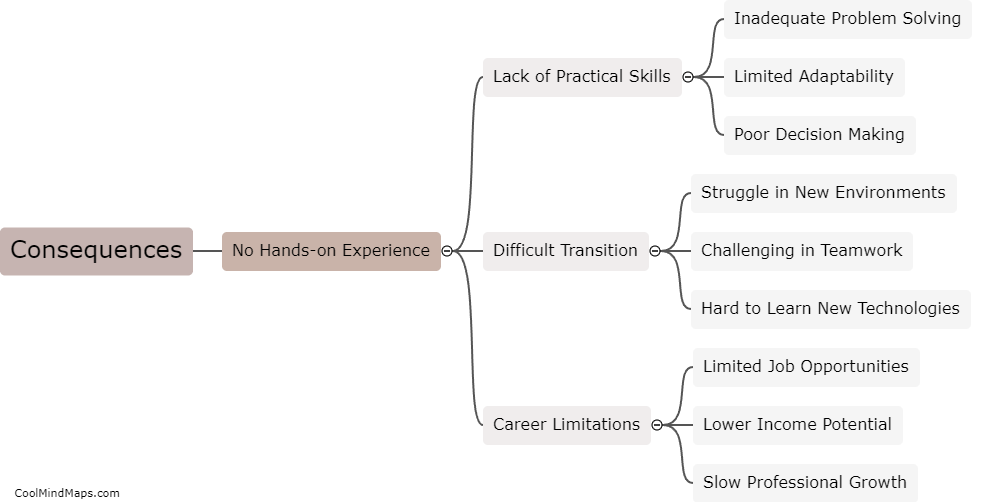
This mind map was published on 19 November 2023 and has been viewed 90 times.




